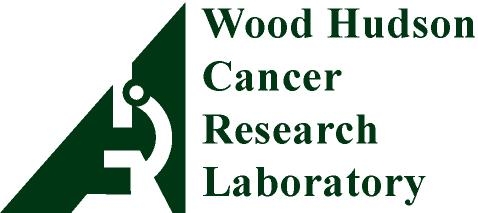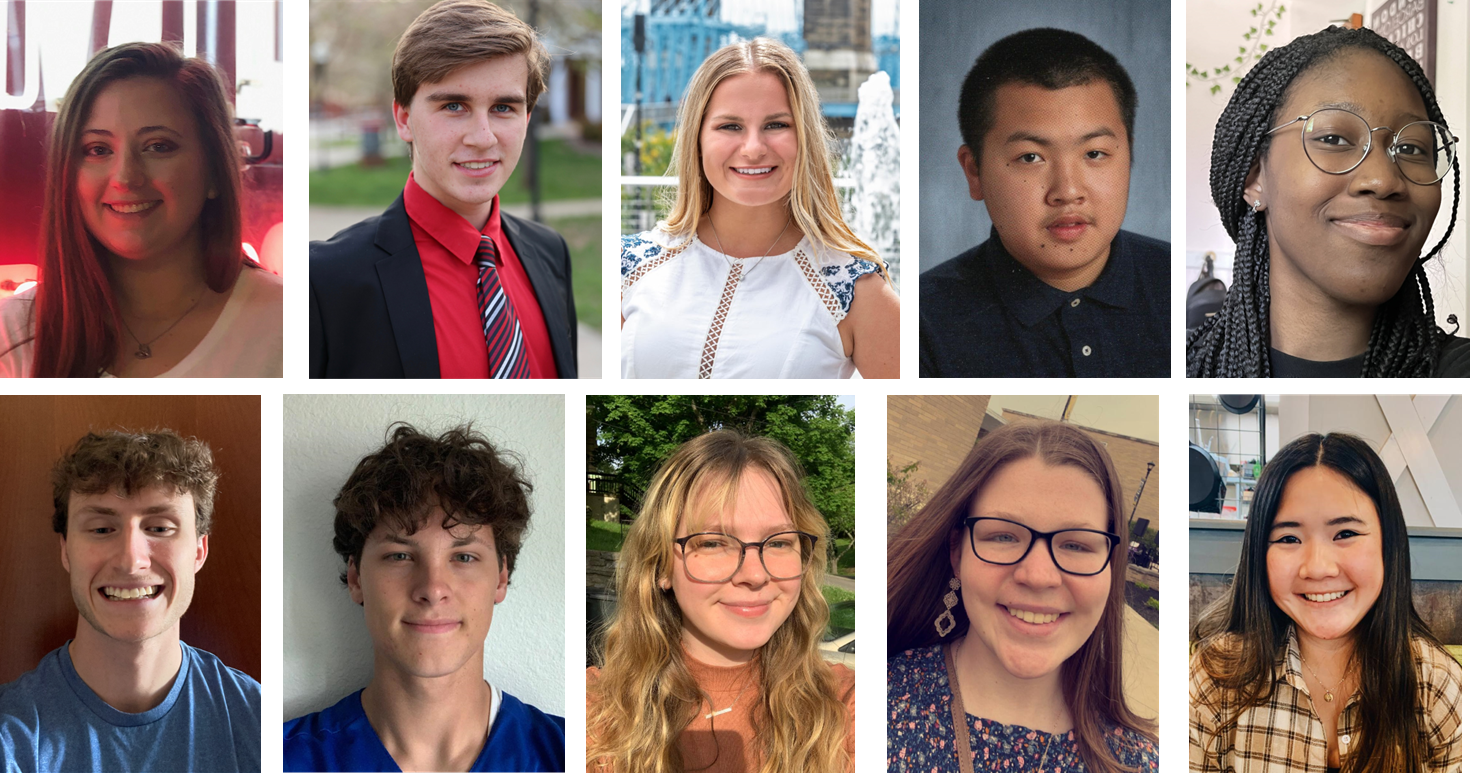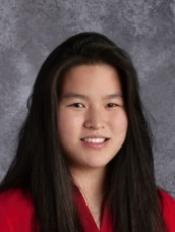
August 2022 eNews
___________________________________________
21st Annual Wood Hudson Car Show
Hofbrauhaus-Newport
200 Third Street
Newport, KY
Saturday, August 13, 2022
Open To All Makes Of Cars And Trucks
Rain or Shine
Event Program
All Proceeds benefit Wood Hudson Cancer Research Laboratory
Registration: 9:00-11:30am, $20 entry fee
Split the Pot tickets available throughout the day. Drawing at 2:30pm
Huge Bourbon raffle (30 bottles!) Drawings beginning at 2:00pm
Show: DJ music starts at 10:00am
Beverages available after 11:00am
Food available after 11:00am
Judging begins at 10:30am
Awards: Trophies given out beginning at 3:00pm
Class A: Pre-1981
Class B: 1981-2004
Class C: 2005-2022
Veterans Trophy
Wood-Hudson Trophy
Best of Show Trophy
To all show entrants: We would like to thank you for participating in our 21st annual car show benefiting the Wood Hudson Cancer Research Laboratory. If you need anything to make our event a better experience, please see a member of the Ft. Thomas Corvette Club. Enjoy the day!
Hosted by Ft. Thomas Corvette Club
Website: www.ftccvette.us
___________________________________________
UREP “Science Day” 2022


These presentations were the third presentation each student prepared this summer. Each student also reported on a recent peer-reviewed journal article and also gave a lecture on one chapter in “Principles of Cancer Biology.” Thanks to Prof. Diane Willkening Gilb, who organized the Google Classroom and Connect assignments, students had the opportunity to work with on-line resources, including technical videos, and review chapters in an on-line Anatomy and Physiology textbook that were complementary to the chapters in the textbook “Principles of Cancer Biology” that each student was given at the start of the summer program.
___________________________________________
Fall 2022 UREP opportunities with Dr. Erik A. Bey at
Wood Hudson Cancer Research Laboratory
Breast cancer is the second leading cause of cancer related deaths amongst U.S. women. Metastatic breast cancers, especially triple negative breast cancers, continue to decrease the overall survival rate of breast cancer patients. Thus, new strategies to effectively eliminate primary and metastatic breast cancer are desperately needed.
Cancer cells have adaptive strategies to thwart oxidative stress produced in the tumor microenvironment. This amelioration of reactive oxygen species is in part accomplished through overexpression or mutations in genes that regulate oxidative stress pathways.
Our hypothesis is that altering the expression of oxidative stress genes in breast cancers including triple negative breast cancers, will also affect their ability to become tumorigenic and increase their sensitivity to chemotherapy.
Students working with Dr. Bey will have the opportunity to learn basic tissue culture techniques, wet lab set up, survival and colony forming assays, western blotting, DNA damage assays, microscopy and numerous other techniques. Students may also have the opportunity to prepare their data for manuscript publication and research presentations such as posters for local and national meetings.
___________________________________________
and on Facebook